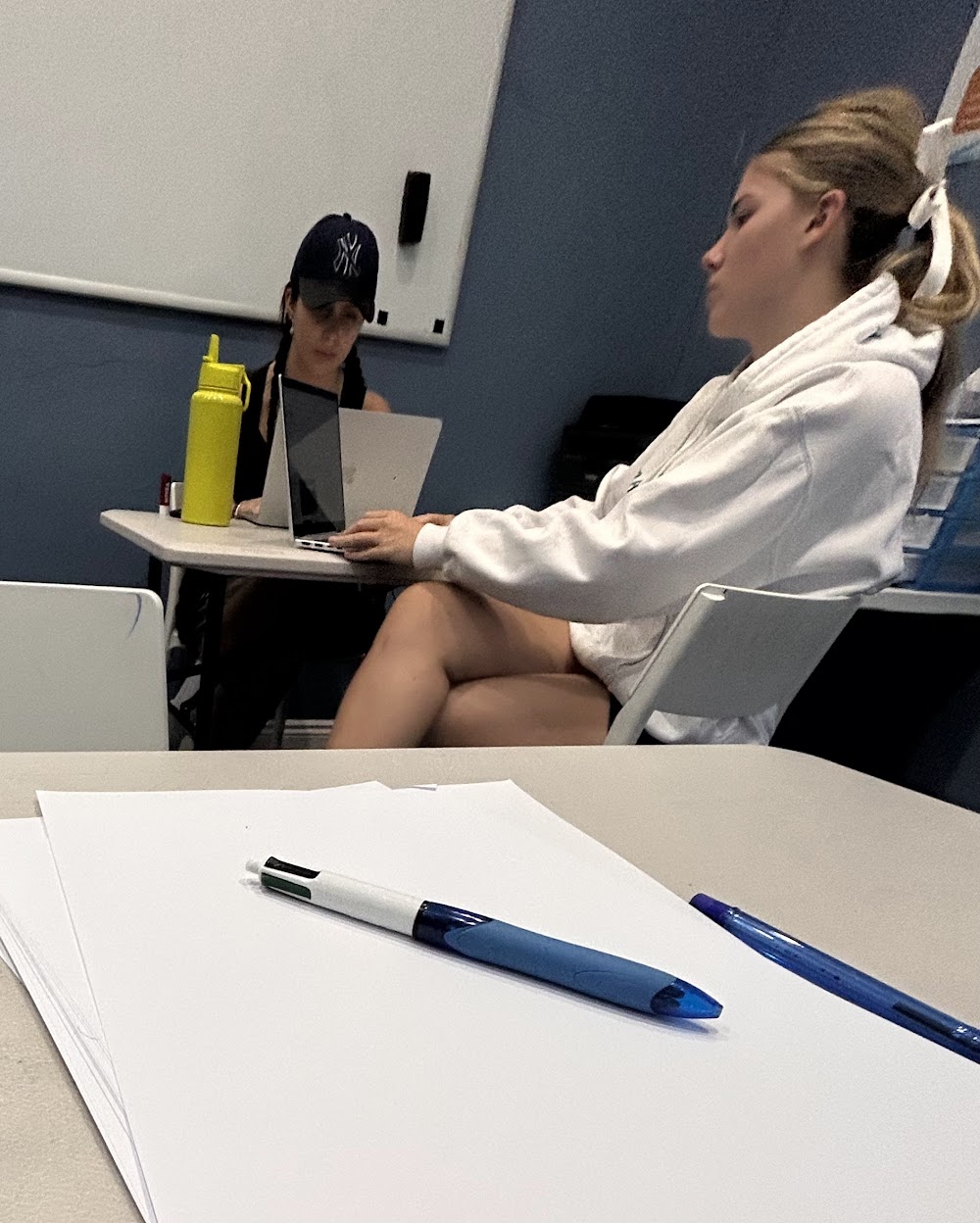
Today I also observed Allegra tutoring a Year 11 student English. She didn’t just focus on getting the student to write better—she helped them think better, guiding them through essay structures, short-answer comprehension, and the key skills needed to expand on their ideas and find relevant quotes/evidence.
One of the standout moments was how she broke down essay writing into clear, manageable steps. Instead of overwhelming the student with abstract advice like “make your argument stronger,” she walked them through how to structure their thesis, build analytical paragraphs, and use evidence effectively. She encouraged them to start with a clear topic sentence, integrate relevant quotes, and explain how language techniques reinforced meaning. By the end of the session, the student was contributing with confidence and providing specific analysis.
Allegra also worked on short-answer comprehension, an area where many students struggle. Rather than rushing through the questions, she encouraged a step-by-step approach: read the question carefully, identify keywords, and link responses directly to the text. When the student hesitated on a difficult questions, she didn’t just give them the answer. Instead, she asked guiding questions, helping them develop their own response. It was clear that she wasn’t just teaching content—she was teaching the student how to think critically and approach any different questions methodically.
What stood out most was the shift in the student’s attitude. At the start, they were unsure, second-guessing their answers. By the end, they were answering with greater certainty, structuring their responses more clearly, and even reflecting on how to improve. Allegra’s approach showed that good tutoring isn’t just about content—it’s about giving students the strategies and confidence to tackle challenges independently.
Shyla Gloster

